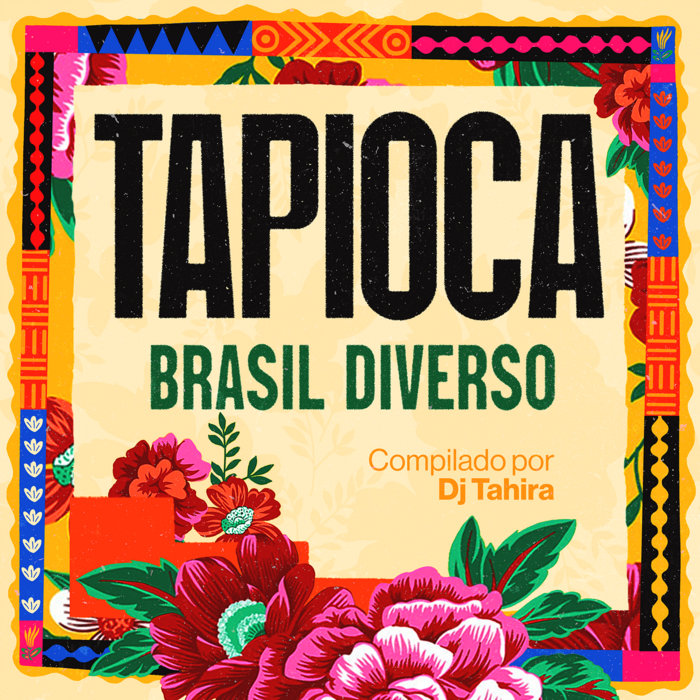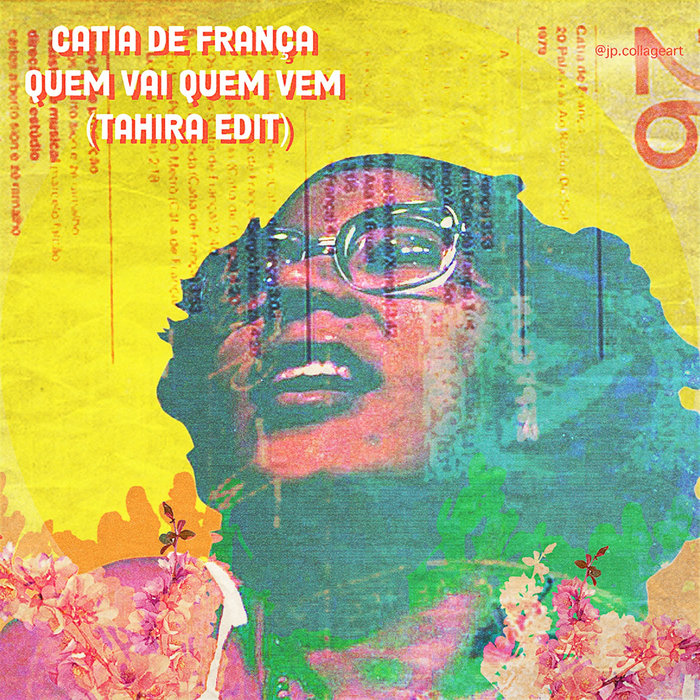
Josiel Konrad – Boca N.0 (Funk Carioca) – DJ Tahira
this blog is GROOVY – check out great Soul, Funk, Jazz, Hip Hop, Bass, Breaks , Reggae, House n many more TUNES
Afro-Brazilian music is a funky blend of rhythms, cultures, and histories that pulsate through the streets and hearts of Brazil. It’s a kaleidoscope of sound that reflects the rich tapestry woven from African influences mixed with indigenous Brazilian traditions and European styles. Let’s take a trip down this vibrant musical lane, sprinkle in some fun facts about its iconic musicians, and dance our way through the history!
The seeds of Afro-Brazilian music were planted during the transatlantic slave trade when millions of Africans were brought to Brazil. These resilient souls didn’t just bring their strength; they also carried their rich musical heritage along! From Candomblé ceremonies to samba rhythms, these cultural contributions began mingling with local sounds.
Candomblé is not just a religion; it’s like an all-you-can-eat buffet for rhythm! This Afro-Brazilian spiritual practice incorporates drumming, singing, and dancing to honor Orixás (deities). Each Orixá has its unique rhythm—think drum circle but with more flair!
Did you know that some Candomblé practitioners used drums made from recycled materials? Talk about sustainable beats! Yep, old oil barrels turned into percussion instruments — now that’s what we call “going green” while getting down!
Fast forward to the early 20th century when samba burst onto the scene like confetti at Carnival! Originating mainly in Rio de Janeiro’s favelas (slums), this genre became synonymous with Brazilian identity.
Samba isn’t just one style—it’s got multiple flavors! You have traditional samba de roda, which dances around in circles (literally!), and newer versions like pagode—perfect for those late nights filled with laughter and smiles.
In Rio’s Samba schools during Carnival preparations, musicians often get competitive over who can bring swagger to their performances. Some competitions even include “who can play upside-down” challenges – truly bringing new meaning to “musical gymnastics”!
Enter Bossa Nova in the late 1950s—a suave lovechild born from samba and jazz. Artists like João Gilberto took center stage by adding softer melodies infused with sophistication. Imagine sipping coffee on Copacabana beach as dreamy tunes flow gently into your ears—that’s Bossa Nova magic!
João Gilberto was known for his shyness; he struggled against playing live shows because he thought his soft voice wouldn’t carry well enough. Once he was invited on stage but refused until everyone quieted down—the crowd had no idea they needed to STFU for this bossa genius!
Gilberto once played so softly at an important event where people were still talking loudly; someone yelled out “We can’t hear you!” João replied coolly: “Well then… please listen.” And boy did they start listening after that mic drop moment!
As we hop ahead into the ’80s and ’90s baby boomers rejoice over new genres sprouting up like poppies after rain! Axé emerged primarily from Salvador da Bahia—a carnival explosion mixing reggae rhythms infused with African beats.
Meanwhile Música Popular Brasileira (MPB) brought poetic lyrics alongside contemporary forms blending rock vibes seamlessly into traditional roots—artists such as Caetano Veloso & Gilberto Gil rocked hard within these realms too.
When Jorge Ben Jor created his hit “Mas que Nada,” it didn’t take off immediately… until Sergio Mendes remixed it decades later—and suddenly it was everywhere—even appearing on an animated kids show called Animaniacs! Talk about second chances; Jorge went from ‘meh’ vibes to mega hits faster than you could say “Samba!”
Now let us shimmy through today where artists are melding classic Afro-Brazilian sounds into modern genres—from funk carioca blasting through party speakers nationwide or electronic fusion taking listeners worldwide by storm; there are no boundaries here either people or sounds have melded beautifully together.
And guess what? Musicians today still find ways to shine bright despite obstacles laid before them thanks in part due diligence learning resilience lessons handed down across generations spicing up both personal stories AND sociocultural messages behind every groove manifesting within songs recorded nowadays.
So next time you tap your feet or shake your hips while vibing along any form associated under ‘Afro-Brazilian’, remember how rich its history flows – steeped deeply carved paths connecting ancient spirits reaching frontiers well beyond imagination! With each note played echoes perseverance transcending hardships celebrating unity shining brilliantly throughout lively communities making waves internationally forever intertwined echoing joyfully forevermore!!
Keep grooving my friends — feel free dropping notes about favorite artists rocking rhythms ye dig most below 👇🏽🕺🏾💃🏿✨

Josiel Konrad – Boca N.0 (Funk Carioca) – DJ Tahira

Catia de França – Quem Vai Quem Vem (Tahira Edit) – DJ Tahira

Yemamaya – LUIZGA & iZem